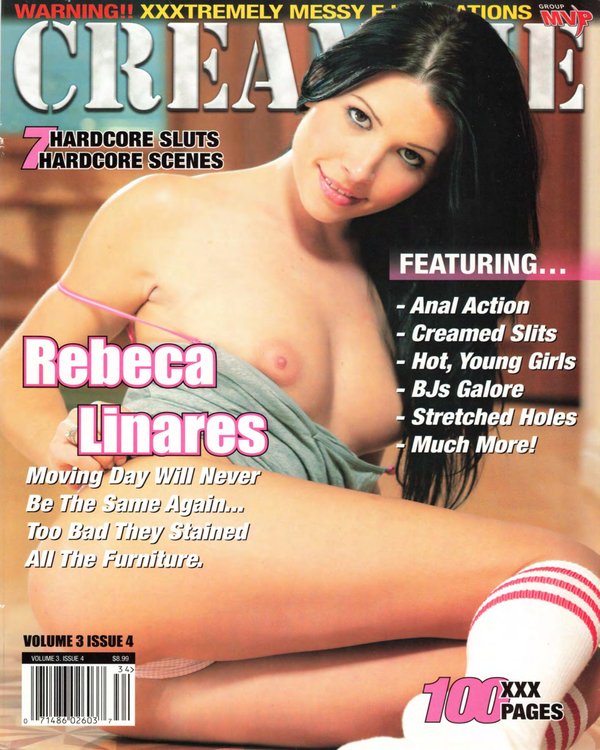(this story continues the series starting with https://www.literotica.com/s/lady-aline and https://www.literotica.com/s/lady-aline-and-the-quim-hound)
The kingdom was abuzz with speculation, at least among aristocratic circles. The country's leading nobles, all of whom loved to boast about the superiority of their own quim-hounds (a highly specialized breed of scent hounds) in finding and retrieving their ladies, were generally fond of gambling. Once the idea of a direct competition to see whose quim-hound was the best had been raised, it rapidly gained support among those eager to place wagers, i.e., every noble in the country, and soon the King himself endorsed the plan. The royal couple would themselves oversee the event and lend their prestige to it, naturally with the Queen on the King's leash. This quim-hunting competition was going to be the most glorious social event of the season, and everyone who was anyone would be attending.
Although credit for the brilliant idea was naturally given to the heads of the great houses, the original concept had far more humble origins, namely the maids and attendants of Lady Aline. They had observed and correctly interpreted the stirring of Lady Aline's competitive spirit as she gazed at her mother Lisbeth's veteran quim-hound, Brutus, firmly leading Lisbeth on her leash past them back to her usual retrieval point, in one of their routine training exercises on the grounds of their mansion. Lisbeth's ripe, mature body jiggled as she was trotted naked on all fours (as always -- this was how aristocratic ladies in Aline's kingdom spent their lives), and Aline envied her mother's magnificently swaying bosom, with its dark, puffy nipples. Aline could only hope that her large but maidenly pair would grow to equal Lisbeth's proud bosom one day, after she had nursed children of her own.
Aline sighed, and looked over to her own heavily muscled quim-hound, Hercules, her pride and joy and her dearest playmate, dozing quietly on the grass. Looking back and forth between the much older Brutus and Hercules, she sniffed; she could not help but feel that her Hercules was far superior. He was definitely more famous now, thanks to his recent rescue of Aline and two noble friends from kidnappers. And, although Aline loved her mother dearly, one had to admit that the youthful Aline was far more athletic, or at least so Aline believed.
That was a significant consideration, Aline knew, since any long-legged quim-hound was far faster alone than any naked woman on all fours; the lady's own physical prowess was necessarily a limiting factor, regardless of the quim-hound's own strength and skill. (Of course, in theory the much more powerful quim-hound could just haul the lady across the ground by brute force, ignoring any obstacles, but that would result in far too much wear and tear on the lady being dragged.) A lady had to be able to keep up, more or less, with her quim-hound, as Aline had soon learned.
Lady Aline's maids were in the habit of making bets on how quickly Hercules could hunt down and retrieve their naked mistress's quim from wherever they had hidden it. Her senior maid, Betsy, grinned as an idea occurred to her. What if they arranged with Lady Lisbeth's maids to hold a quim-hunting competition? No doubt the other maids were equally proud of their own quim-hound's skill and their mistress's lush body, and would eagerly accept, but Betsy was positive that Hercules would win, whatever the stakes.
And so negotiations between the two groups of maids began, with Aline and Lisbeth learning about the plan only from overhearing the discussions among the maids standing over them, as the mother and daughter sniffed each other's genitals in a formal greeting. One of the maids did remember to ask Lisbeth directly whether it would be all right to race them, and Lisbeth nodded, smiling benevolently at her daughter. Her serene confidence in Brutus's abilities was apparent.
Maids always gossip with their peers, so soon word spread to other noble households about the exciting plans to match Hercules and Aline against Brutus and Lisbeth. The rumors quickly spread from the below-stairs staff to the noble families themselves, which naturally felt that their own quim-hounds and ladies were the best, and that if a competition were to be held, they wanted in on it! More and more were expressing interest in competing. The ladies in question were rarely consulted, but as far as anyone could tell, they seemed to share the same sporting spirit as their husbands and fathers, and would be happy to uphold the honor of their houses.
Aristocrats being what they were, Aline's and Lisbeth's maids were soon quietly instructed to drop their plans, because the nobles were taking over, and would make sure that the competition was done right. The maids were somewhat disgruntled, but were used to their betters' taking credit for everything, and comforted themselves with the knowledge that they could soon make bets on a much grander scale. After all, they had inside information, if anyone did!
Weeks of negotiation and complex multilateral diplomacy ensued, with each noble house vying for rules that would favor its own team (or teams, if a house had more than one noble lady). Would there be minimum and maximum ages for the quim-hounds and the ladies themselves, or would all comers be allowed to compete? It was soon discovered that no one wanted to be eliminated in advance, so the age range for the ladies was set at a generous 18 to 55 years old. Would pregnant ladies and nursing mothers be prohibited from racing? (No, for the same reason.)
The biggest stumbling block in these negotiations, of course, was how to calculate the betting odds. All the organizers and handicappers were used to dealing with horses, but none of them had ever figured odds for naked women and quim-hounds before. This was far more complicated, because they had to take into account the age, strength, fitness, skill, and experience of both quim-hound and noble lady, and figure out how to make allowances for pregnancy and lactation, not to mention women's mysterious menstrual cycles. The organizers eventually decided to pretend that for the purposes of sporting competition, periods did not exist. (The men were not comfortable thinking about menstrual blood anyway.)
There was considerable debate on how to account for the fact that women's bodies varied far more than those of horses. This was all brand-new territory. Was it fair to treat a long-legged, full-bodied woman the same as a small, slender woman? This seemed to be particularly a bone of contention for those who had short-legged, slender ladies to race. Fortunately aristocratic ladies tended to be bred for large breasts, so at least they were somewhat uniform in that respect; but there had been furious debates over how the oddsmakers should take into account exactly how much weight each woman was carrying on her chest. At least they were able to agree that lactating ladies' breasts should be emptied before being weighed.












